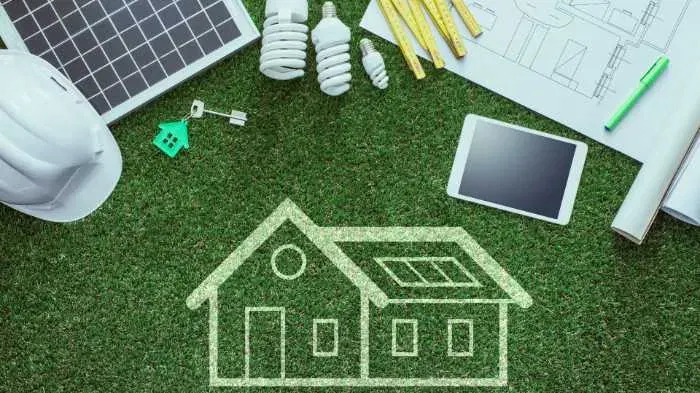


With the Middle East continuing to urbanize rapidly and experience growth in economy, demand for sustainable infrastructure has never been greater. Governments and private institutions are increasingly adopting Green Building Certifications to make buildings energy efficient, reduce the carbon footprint, and promote healthier living standards. There are several schemes of certification in the region, including LEED (Leadership in Energy and Environmental Design), Estidama (Pearl Rating System), Al Safat, and GSAS (Global Sustainability Assessment System). All the schemes are different with requirements and benefits, which count in the future of sustainable architecture throughout the Middle East.
Green Building Certifications play a very significant role in initiating change in the construction sector by:

The Estidama Pearl Rating System (PRS) is a sustainability tool created by the Abu Dhabi Urban Planning Council (UPC) to promote environmentally conscious and resource-efficient development. Estidama, or “sustainability” in Arabic, places special focus on water conservation, energy efficiency, and the implementation of sustainable materials. The system has a rating of 1 to 5 Pearls, the more the better. It is a requirement for all newly constructed government buildings in Abu Dhabi and inspires builders to adopt green building methods as part of their projects.
LEED, which was developed by the United States Green Building Council (USGBC), is among the most widely recognized green building systems in the globe, including in the Middle East. It assesses buildings in terms of energy efficiency, sustainable materials, indoor air quality, and water conservation. The certification comes in four levels: Certified, Silver, Gold, and Platinum, depending on the sustainability credits achieved. LEED is widely sought in the UAE, Saudi Arabia, and Qatar, where large commercial and residential developments embrace its standards to improve environmental performance.
Originally called the Qatar Sustainability Assessment System (QSAS), GSAS was created by the Gulf Organisation for Research & Development (GORD) to encourage sustainable building in Qatar and the wider Gulf. It evaluates projects against main sustainability parameters such as site selection, energy and water efficiency, materials, indoor environment quality, and cultural and economic value. GSAS certification is required for major infrastructure projects in Qatar, especially ahead of mega events such as the FIFA World Cup 2022, to ensure buildings are up to high environmental and sustainability specifications.
Al Safat is the official green building rating system of Dubai Municipality aimed at encouraging sustainable development and the use of less energy. It categorizes buildings into four groups—Platinum, Gold, Silver, and Bronze—depending on sustainability factors like water management, environmental conservation, and energy efficiency. From 2014 onwards, it has been a requirement for all new constructions in Dubai to meet Al Safat’s green requirements. The system is an essential part of Dubai’s efforts to become a global leader in sustainable urban development, ensuring that new constructions contribute to environmental conservation and long-term energy saving.
| Certification | Region | Levels | Focus areas | Example Project |
| LEED | UAE, Saudi Arabia, Qatar | Certified, Silver, Gold, Platinum | Energy efficiency, water savings, CO2 reduction | Dubai Expo 2020 Pavilion |
| Estidama | Abu Dhabi | 1 to 5 Pearls | Water conservation, social sustainability | Louvre Abu Dhabi |
| Al Safat | Dubai | Bronze, Silver, Gold, Platinum | Renewable energy, efficient water management | Dubai Creek Tower |
| GSAs | Qatar | 1 to 6 Stars | Carbon footprint reduction, climate resilience | FIFA World Cup 2022 stadiums |
Technology is revolutionizing green building certifications today by:
Clenergize specialize in assisting firms in acquiring and maintaining Green Building Certifications through their provision of:
With urbanization and environmental concerns increasingly on the rise, Green Building Certifications play a critical role in establishing a greener Middle East. LEED, Estidama, Al Safat, and GSAS are all responsible for making infrastructure align to high sustainability standards. Green certification makes it advantageous for firms to not only enhance environmental preservation but also earn economic and reputation gains.
Need to green your building and get it ready for certification? Connect with Clenergize today to kickstart your green revolution.